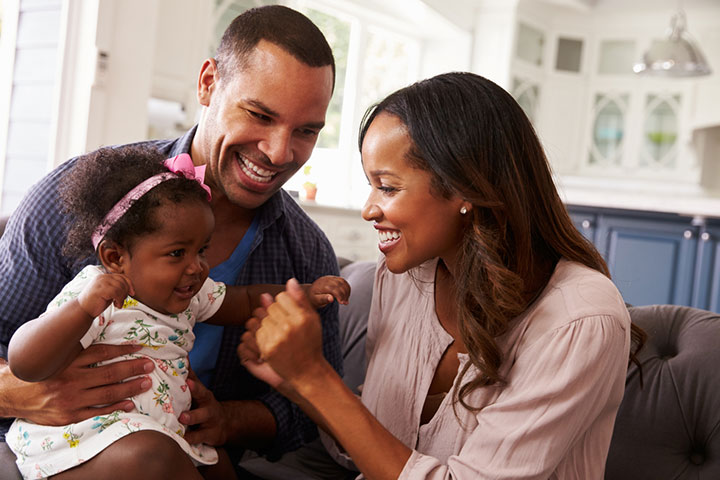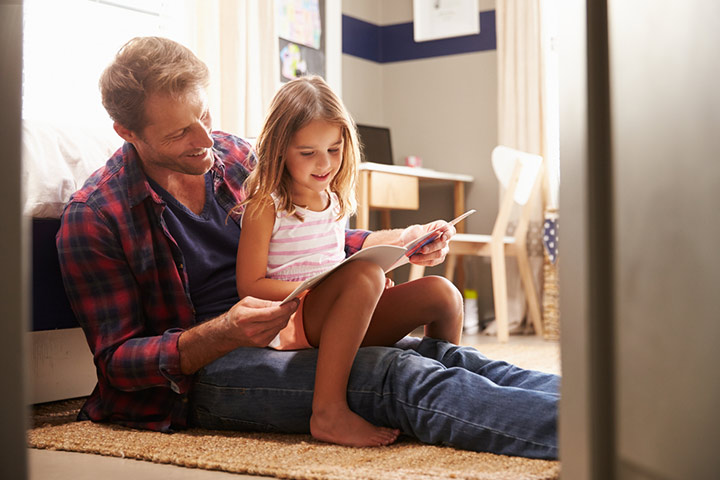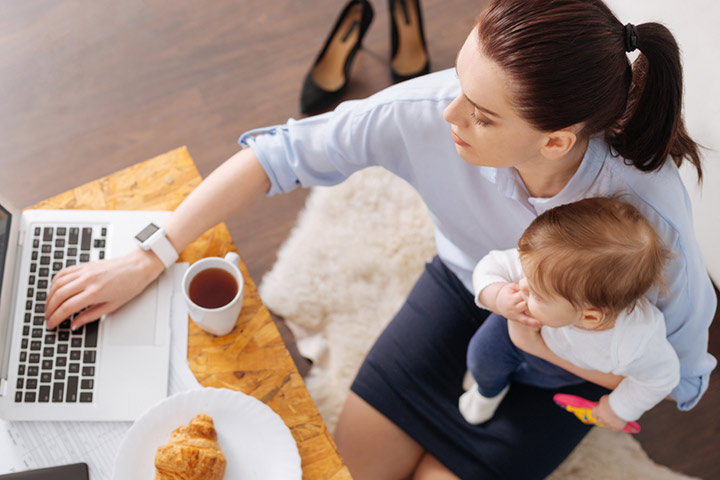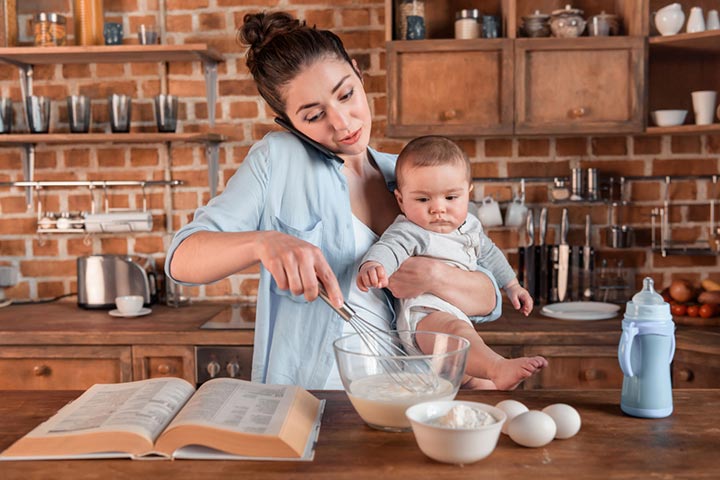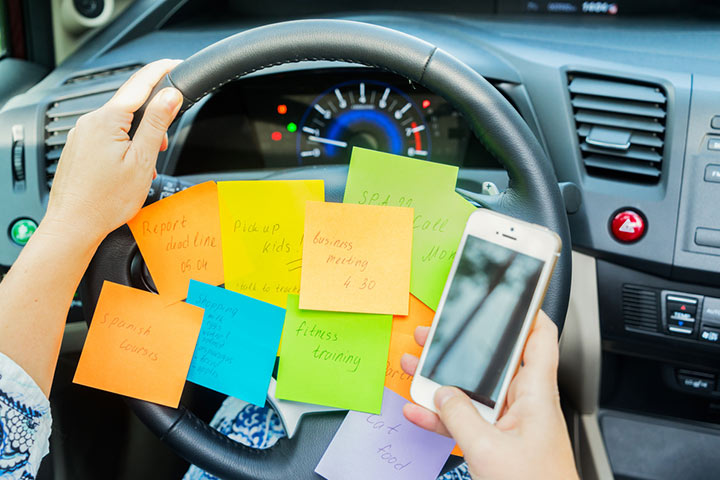
Image: Shutterstock
On August 26th, 1920, US Secretary of State, Bainbridge Colby signed a proclamation with the seal of the United States that officially certified the 19th Amendment that gave women the right to vote, a struggle that has been going on for over a century. At around 8 p.m., Colby signed the proclamation behind closed doors at his own home. Now 26th August is known as World Equality Day.
Though it has been 100 years since Congress approved the women’s suffrage amendment, we definitely have a long way to go in terms of key policy issues such as equal pay for equal work, reproductive rights, and the right support required for balancing work and family. Though certain policies do help further the women’s rights, is that enough? Equality begins at home. But if that’s true, have we made enough progress in the last 100 years toward equality in parenting?
Image: Shutterstock
No matter how much we would like to believe that we have made enough progress, in most households, mothers remain as the primary parent and fathers more likely play the role of mere helpers. In dual-earner households where both mothers and fathers are committed to their career and hold gender egalitarian beliefs, are both partners able to successfully manage work and family with shared parental responsibilities? Sure, many fathers and households with progressive views on parenting have made significant progress in certain aspects of parenting. But subtle inequalities still exist in certain key areas.
Fathers Are More Involved In Parenting
Image: Shutterstock
Fathers are investing more time in parenting than ever before. The child care time invested by fathers has nearly tripled from 2.5 hours/week in 1965 to 7 hours/week in 2011 (1). Though this is a significant increase, women’s child care time has also increased from 10 hours/week in 1965 to 14 hours/week in 2011. Though this gap has become smaller, it remains persistent.
This gap starts from the newborn days of parenting where new mothers who are working take on a greater load of parenting responsibilities when compared to fathers. The child care burden is more on mothers as new mothers invest twice the amount of time in their new babies compared to men (2).
A mother’s workload sums up to 21 hours per week when we consider the time they spend on childcare, housework, and working at their office. However, a father’s workload increases by only 12 hours/week (3).
Parenting Pressure Primarily Falls On Mothers
Image: Shutterstock
Though dads put in more effort and show greater involvement in child care duties, mothers feel intense pressure to take up more parenting responsibilities. Perhaps this could be because that has been the norm for so long and partially because motherhood still remains an idolized role in our society. Hence mothers may feel reluctant to let go of their control over parenting responsibilities, which results in fathers spending less time with kids on their own. Research shows that fathers take sole charge of their kids for about 8% of their time whereas mothers take sole charge nearly one-third of their time (4).
Women Do More Multitasking, Managing, And Organizing
Image: Shutterstock
It’s no surprise that women are great at multitasking. And recent data shows that mothers spend an additional 10 hours multitasking when compared to fathers (5). When dads are in charge of the kids, they usually do the basics such as getting them fed, bathed, and dropping/picking them up from activities. Mothers, on the other hand, manage to get additional work done such as cleaning the house, doing the laundry, or even meeting a deadline at work.
Multitasking is seen as a great and efficient quality in women. However, constant multitasking may contribute to stress, which could be why mothers who do more multitasking feel irritated, angry, anxious, and usually pressed for time (6).
Image: Shutterstock
Mothers are also usually the ones who take greater responsibility for parenting in terms of organizing and managing whether it is scheduling doctor’s appointments, childcare arrangements, or signing permission slips. Even when a father is left to take care of kids, most mothers leave behind to-do lists and multiple reminders so that fathers do their share of parenting responsibilities.
Though we have come a long way, it is pretty evident that the burden of parenting responsibilities largely falls on the mother. It just goes to show that we definitely have a long way to go to achieve equality in parenting.

